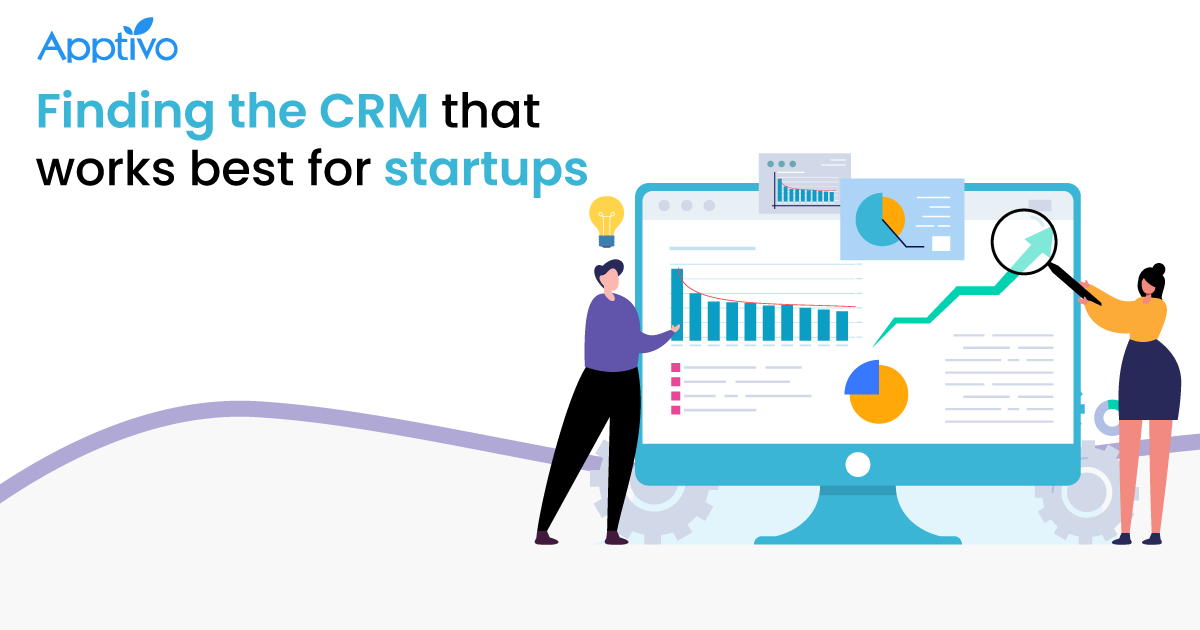 |
All About CRM for startup
2. How does CRM benefit startups?
3. What are the challenges CRM poses for startups?
Working at a startup comes with its own challenges. Deciding on the CRM that works best can seem like an uphill task, when time and budget have to be spent in the most optimal way for the startup to succeed.
A lot of questions could arise: Why does the startup need a CRM? Is the startup big enough to have a CRM? What if the startup is in its very early stages to reap the benefits of CRM? What’s the best CRM? Does the startup need a CRM at all in the first place?
So many questions. To help arrive at a few decisions, here’s a guide that could help.
Let’s start from the basics.
What is a CRM?
CRM stands for customer relationship management. CRM systems are built to make customers happy, to keep the relationship with customers ongoing and pleasant. CRM software is a tool that includes processes for managing a company’s interactions with current as well as potential customers. Since the sales and marketing departments interact with customers, both current and potential, the CRM tool comes in useful to improve customer experience and thereby, increase revenue. At the end of the day, a company needs to have a strong customer base to be successful.
How does CRM benefit startups?
1. Helps build strong customer relationships
The biggest purpose of CRM is just that: building strong customer relationships. And that is very critical for startups for they need to be able to find customers for their product to succeed. Once they do find customers, they should be able to manage contacts and conversations. A good CRM tool will help have real, detailed conversations with their existing and potential customers. These conversations help gain insight into the pain points, and what they like about the product, and apply that feedback to the product or service.
Some of the ways in which a CRM tool comes in useful to build and maintain good relations with its customers:
- It can group and sort conversations with any individual that’s easy to find
- Can organize interview, email and sales notes for easy access
- Sends reminders at the right time to follow up with leads and contacts to move them down the marketing funnel, without having to worry about missing a good time to reach out to the contact.
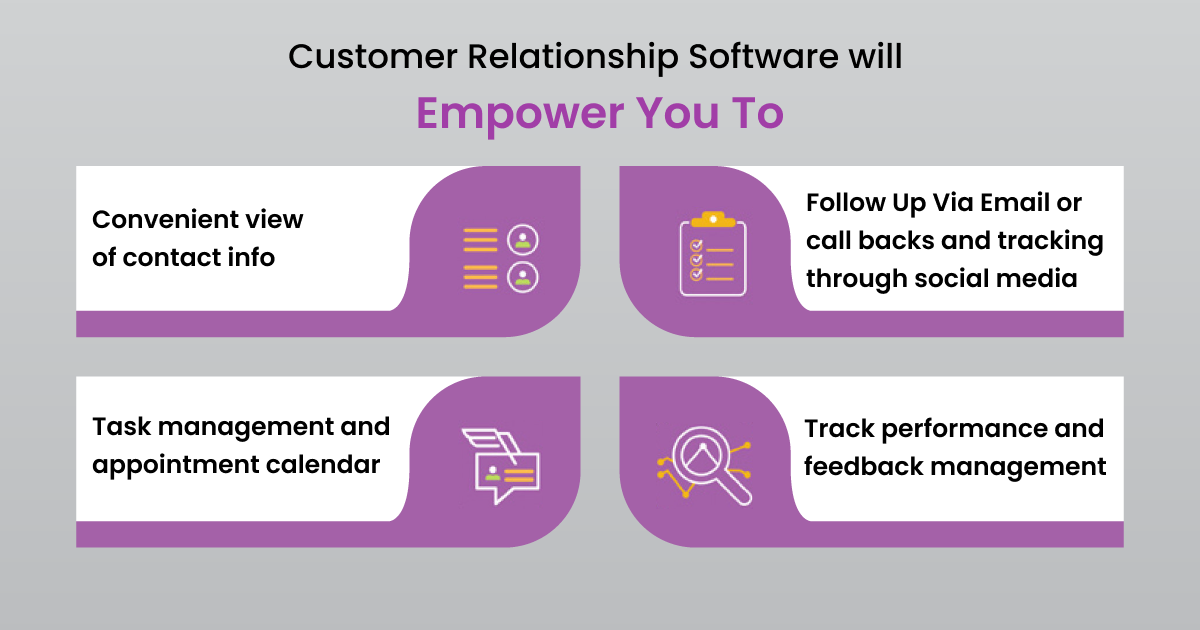 |
2. Prepares for growth and scalability
As the startup grows, the quicker it can make sales and get more customers, the faster it’ll grow. While getting familiar with customer records is essential for growth, it is also time consuming and can slow down the customer acquisition process. Which is where CRM comes into play as it can help the sales team access customer records instantly, know what the customers care about and work towards making more sales.
3. So that you don’t bite more than you can chew
The thing with startups is that there’s always more to do than one has time for. There are things that are actually priority, and then there are things that appear to be priority. CRM helps distinguish which is which. Using CRM for task management helps identify where and what to focus the time and energy on that would benefit the organization.
4. Identify the root problem behind poor sales and low targets
There might be times when it seems like everything is being done and yet sales are not coming through, revenue targets are not being met.
Instead of wondering why nothing is working, a CRM tool can rightly identify through data what is amiss. With the right CRM tool, the root problem can be identified quickly which helps set realistic goals and revenue targets.
 |
What are the challenges CRM poses for startups?
Let’s now look at some of the challenges that startups face when it comes to using a CRM.
1. How soon is too soon to invest in a CRM?
When the startup is in its early stages and doesn’t have many customers, it might seem like a waste of money to invest in a CRM, and to instead, wait until there is some customer base.
However, managing and tracking customer relationships right from the start can provide the startup with very useful information that could be very useful for the startup to grow and be successful. By the time the startup waits for the customer base to grow and then get CRM, it might be too late. Getting CRM early on could well in fact help with getting more customers.
 |
2. A CRM can be seen as not being affordable
With the level of sophistication that CRM tools these days come with, it definitely comes at a price; there are no free tools. But most CRMs offer a free-trial for first time users, so that they can try before buying to see if it meets their needs.
Choosing the right plan and features determines how much it would cost the startup, and it is worth spending for as the right CRM will fuel growth, and not hinder it.
3. Is CRM really needed at all?
It’s normal to keep second guessing the need for CRM during the early days of the startup, the ‘existing system might just be fine’ could be the thought process. This can probably work during the very first days. But what if, for example, with an increase in sales, the sales team also grows, or an employee quits or goes on vacation? Referring to the existing system of spreadsheets and notes would turn everything into a complete mess with no one knowing where and how to look for customer details, sales data. Being dependent on specific people for valuable information can make things go haywire. With a CRM system in place, it gives visibility into customer information for all the employees and nobody is dependent on any one. As a result, the startup can continue to function like a well oiled machine.
 |
How to determine which CRM is right for a startup?
While shopping for a CRM, as is the case with shopping for most things, it’s normal to gravitate towards a CRM that offers the most features. However, bear in mind that it’s more important to find a CRM with the right features – the features that work best for the nature of the startup instead of one that offers the most features.
The business is unique, so customizing CRM is crucial to maximize results and efficiency. When the CRM is customized to the sales cycle of the startup and to its needs, tracking every interaction becomes very accurate.
Let’s take a look at 6 features to look for in a CRM as a startup:
1. Accurate sales forecasting
Sales CRM features help give a clear and instant overview of metrics on deal value and the probability of deal close. Knowing this information helps get accurate estimates for sales which will help forecast sales and orient resources around the right customer segments to maximize results.
This also includes sales reports that provide detailed views of where in the buying journey is which customer. This helps identify who are the best customers, where are they coming from, what are their pain-points, what do they like about the service or product and a lot of other customer related data. All of this helps the startup make informed decisions on how to perform better.
2. Gives visibility of data for the whole team
A CRM platform eliminates the need to be dependent on any one person or a handful of people for data, for it gives visibility of data for the whole team. That way team members can communicate with each other in real-time with the latest data that is visible to everyone. The CRM platform has in-app chat features, options to leaves comments and notes and access each other’s files without having to always reach out. The task management and assignment feature makes it crystal clear who owns what aspect of the project and how much progress has been made.
 |
3. Automations
The right CRM can build a repeatable sales cycle, automate sales processes, and track deals visually from end to end. It efficiently takes work off the plate by automating a lot of tasks. It can generate reports and workflow of email templates, schedule activities and gather information about the lead that is publicly available to help move them down the marketing funnel.
It helps the sales team prioritize tasks making sure that potential sales don’t slip through the cracks – the likelihood of which is high if the data-entry and lead management were to be done manually. With every detail recorded and tracked, the CRM can truly become the main hub for all lead generation and sales activities.
4. Data protection
There’s a lot at stake when it comes to a startup. Breaching of data can prove disastrous to the success of the startup. Data protection is of prime importance for a startup especially when it operates online.
CRM gives control over data; it monitors who has access to company data, can manage logins, permissions and access, alerts when there could be a possible security breach and also backs up data regularly should there be a need to access data at a later stage.
5. Contact management
CRM pulls in publicly available contact information from different channels: leads generated through email marketing, social media, phone, company website, live chat, forms, one-on-one conversations – it’s possible for it to pull in information from a lot of different sources. The Contact Management feature merges all of this information under one contact record so that the sales person has complete information on their existing or potential customer.
6. Easy user onboarding
Along with having complete insight into who the startup’s customers are, the CRM should also make the user onboarding process easy.
As the company grows, there are going to be more employees. The employees in the sales department would be expected to hit the ground running. But for that, the onus is on the startup to provide them with the right resources and tools to make it happen.
The CRM helps train the new sales employees so that they can start interacting and selling to the potential customers as quickly as possible; needless to say, also make deals with existing customers to keep them. Ease of use must be kept in mind while choosing a CRM.
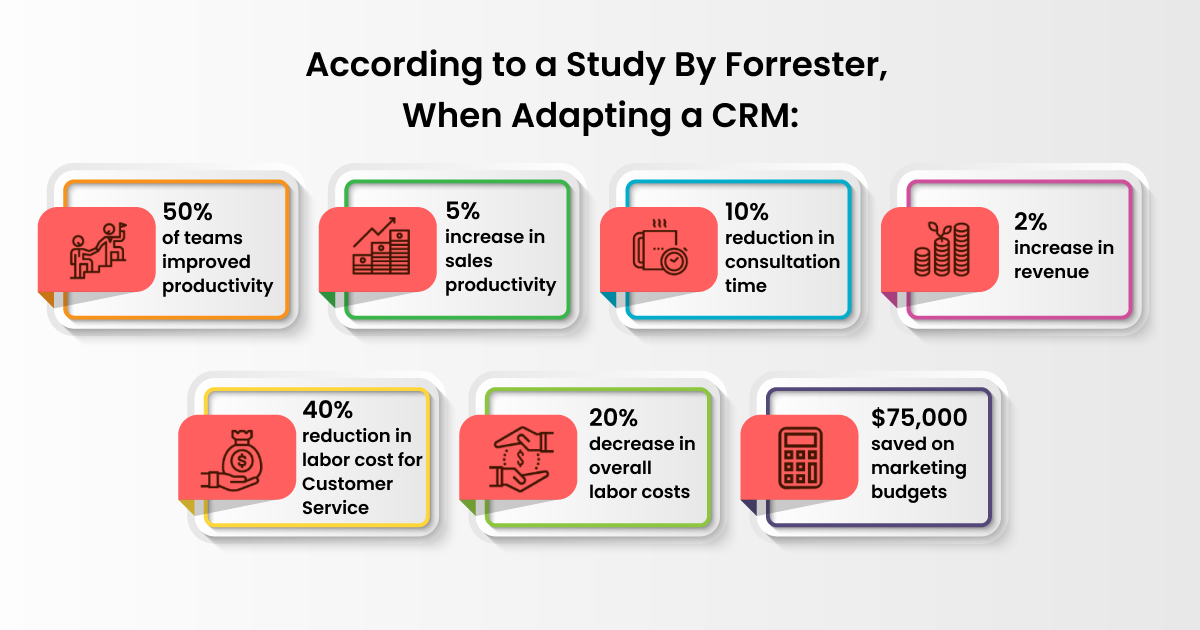 |
In Conclusion
Choosing the right CRM can help the startup in so many ways, right from the initial days to when it starts growing and expanding. There are features that can be customized depending on what stage the startup is at. It helps the startup take off, build relationships with its customers, get more customers, manage sales with existing and potential customers, and maintain an interaction with them.
With real time data, the startup will be able to make the right decisions around the product or service, and all course correct should there be a need to.
With the right CRM, the company can set itself up with the right tools and data for success.
Latest Blogs
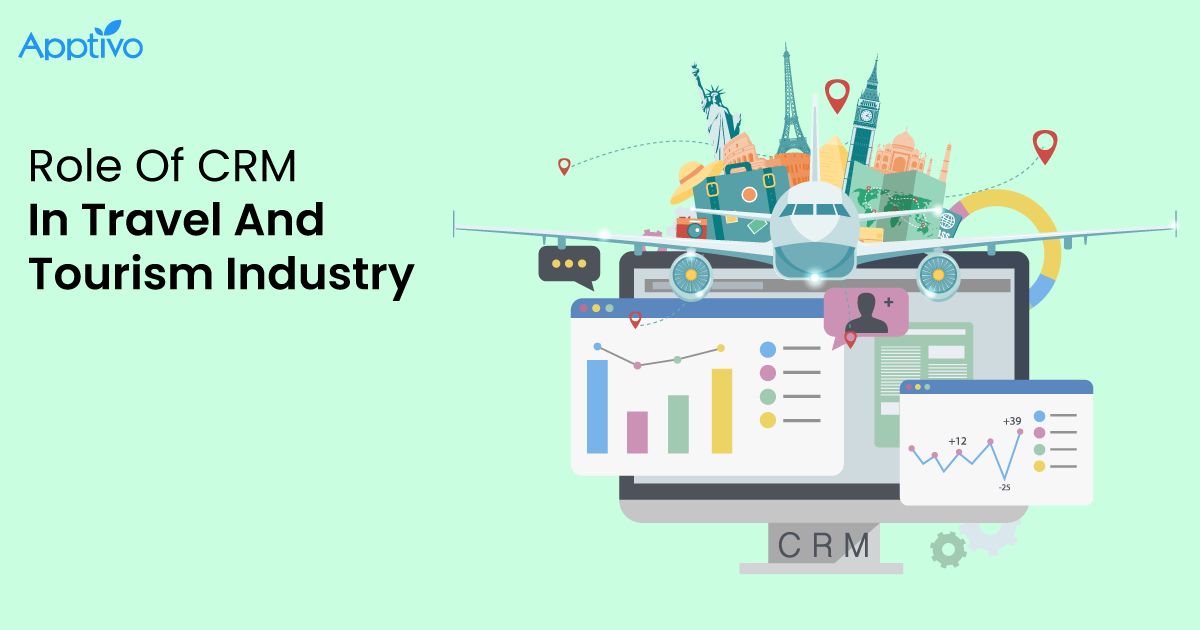
Role Of CRM In Travel And Tourism Industry
Travel and tourism have been a significant part of everyone’s life since the ancient period. When we skim through the pages of history, It should be noted that humans were initially nomads before they became settled in one place. They...
Read more →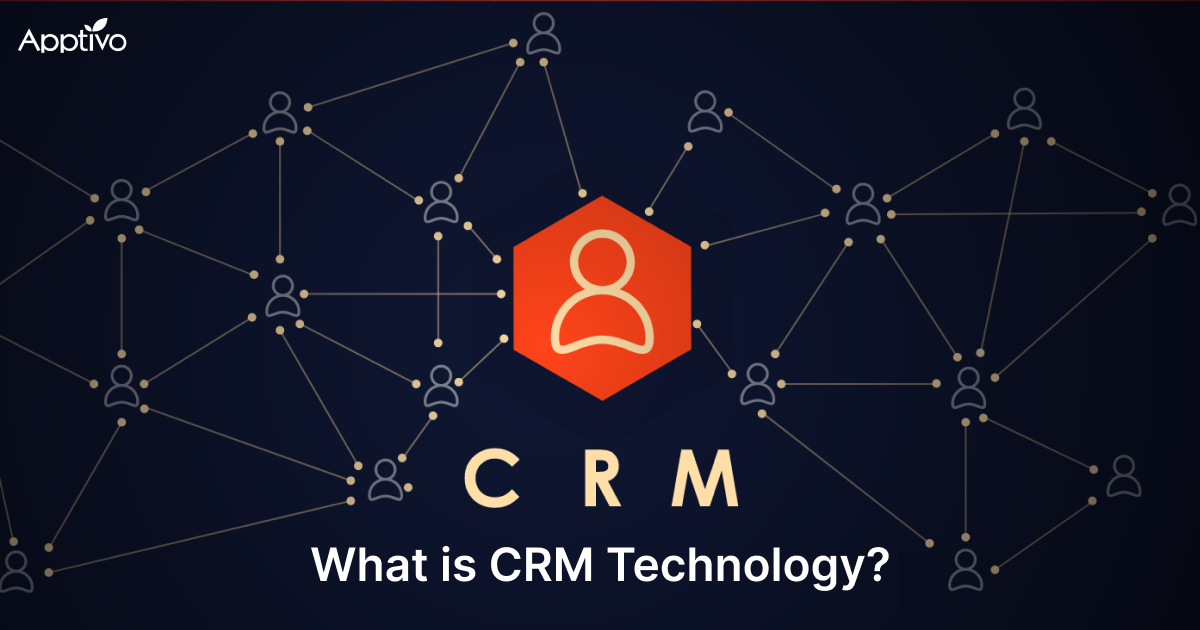
WHAT IS CRM TECHNOLOGY?
Introduction CRM is a technology that helps manage the entire customer information and interactions in order to build and maintain superior customer relationships. The CRM solution replaces spreadsheets and other different applications, which makes it easy for the businesses to...
Read more →
Everything you need to know about the Annual Maintenance Contract!
1. What is an Annual Maintenance Contract? 2. Benefits of Maintenance Contracts 3. How can Apptivo CRM help you manage maintenance agreements and vendors? 4. Summary Think about getting the confidence that the machinery is well-maintained and performing optimally, without...
Read more →
